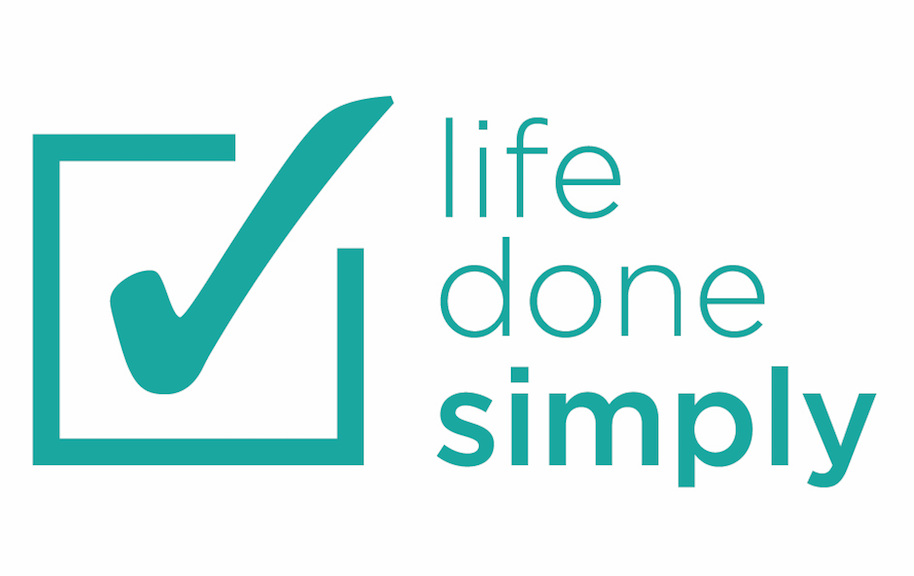Slow Your Roll: How Rushing Affects Productivity
/Listen to my latest conversation with Roshini @ The Crisis Files to find out how you can rethink your pace and work more effectively!
Why do we rush?
Slowing down can feel impossible. Many falsely believe that rushing is the path to more time or more opportunities. Others may believe that it implies productivity or importance. But for all of us, we rush because we’re trying to do too much at once.
Why should we slow down?
Slowing down allows us to decide if something is essential.
Instead of going with our gut or reacting to the pace of others, we can assess if the action at hand is necessary at that moment. When we slow down, we allow ourselves to ask aligning questions, such as "Does this align with my values or my strategic goals?" or "If I say yes to this, what am I saying no to"?
It's important to remember that just because it is a priority for someone else doesn't necessarily mean it's a priority for you.
“What is important is seldom urgent, and what is urgent is seldom important.”
Even when the urgent thing is important, slowing down helps us better understand it.
Slowing down and taking the time to understand what is happening can help us navigate the task without making senseless mistakes. Have you ever responded to an email so quickly that you didn't take the time to comprehend what was being asked and, therefore, missed important details or created more work for yourself?
Not everything requires an immediate response, and you will find that if you slow down, you lessen the load on everybody.
We are more receptive to essential cues.
The needs of others, your intuition, and your emotional, mental, and physical needs can all be heard more clearly when you slow down. Think back to when you were so busy that you forgot to eat or go to the bathroom. You subconsciously tuned out your body's cues because you were working at an unsustainable pace. When we ignore essential cues, we are more likely to burn out.
Slowing down allows space and time for change.
How often have you worked on something and thought, "If I had a little more time, I would improve this or do this differently"? Slowing down allows a chance to pivot or make process improvements. It encourages us to experiment and flex our creativity, which boosts self-esteem and contentment.
When we move more slowly, we are more engaged.
If you're so busy just surviving each project or task, chances are you aren't experiencing any contentment—just a general sense of relief when you're done. When you slow down, you can feel a greater sense of purpose because you know you took the time to be intentional with your work.
Four situations when you need to slow down
You're anxiously watching the clock or project timeline.
You're making senseless and avoidable mistakes.
You're ignoring your body's cues.
You frequently lose your train of thought or sight of the overall goal.
How to create a practice of slowing down
Practice awareness by paying attention to catastrophizing language like "I can't slow down" and "I need to do this right now or else". Remember, rushing does not create more time or opportunities—it actually does the opposite. If you think you can't slow down, that is the time you need to slow down.
Slow down by practicing the Four Rs:
Refresh - Take a break, nourish your body, gently move your body—away from your work.
Reset - Take a few minutes to brain dump and prioritize your next actions. Consider changing your environment temporarily—think of location, sounds, temp, smells, and light.
Remind - Say aloud, "My value is not determined by this..." (project, task, email, outcome, etc.).
Refocus - Begin again, slowly and confidently, paying close attention to the task. Intentionally make your actions and movements uncomfortably slow at first.
Aimee Olson of Life Done Simply is a Productivity and Organizing Coach and Speaker, and is a member of the National Association of Productivity & Organizing Professionals (NAPO). She specializes in workplace productivity, time management & strategic planning, and intentional and organized living.



